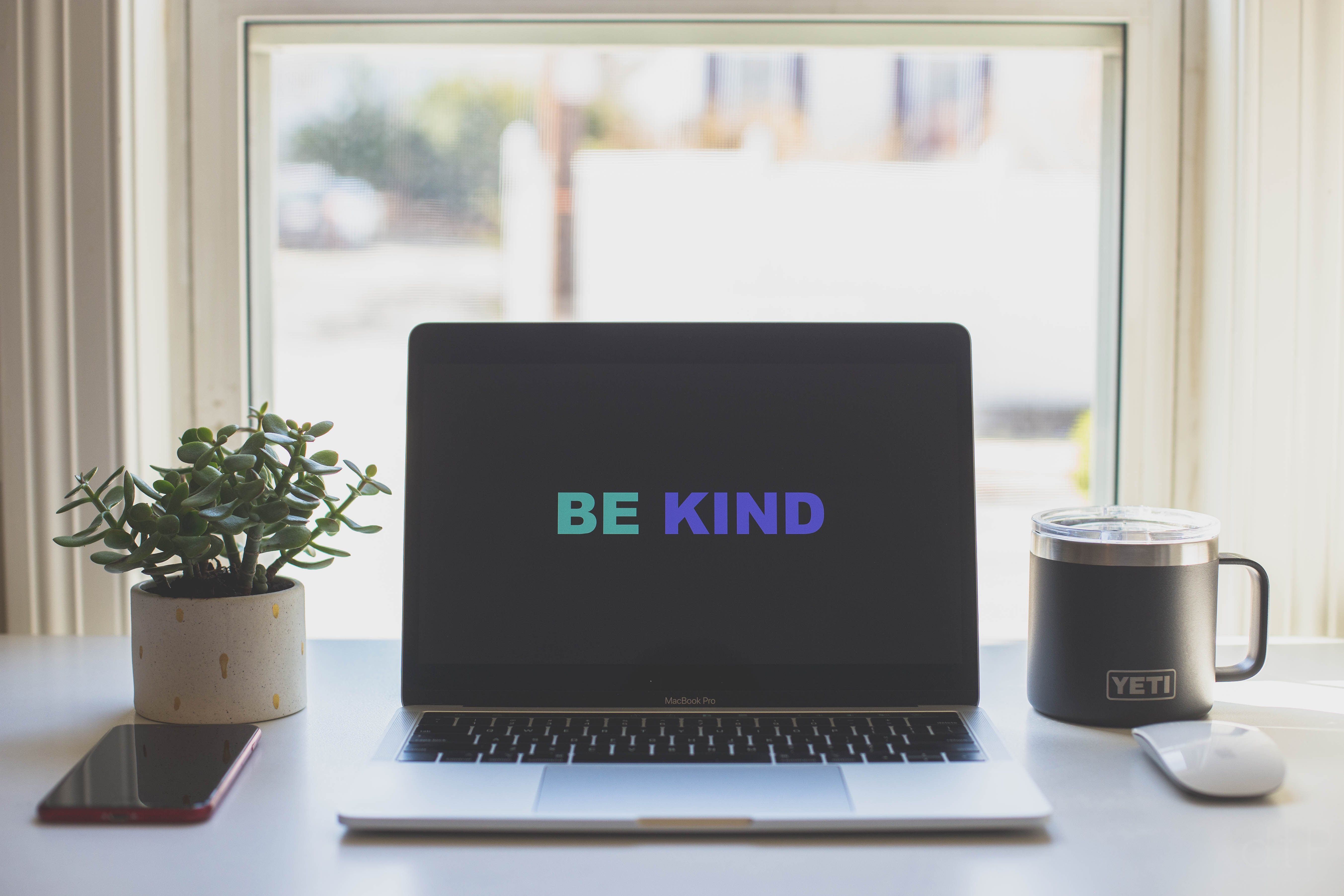The news can seem overwhelming right now, but there is light—a resurgence of kindness
The news can seem overwhelmingly bad right now, but amongst it all, there is light–a resurgence of kindness.
Over and over again, we are proving that we can be kind and want to help each other. We are finding creative ways to connect and show that we don't want to let others suffer. If Members of Parliament (MP) vote against giving free school meals, we mobilize to feed children who would go hungry. If the Neighborhood Housing Services (NHS) needs PPE, we get together and make it happen. If our neighbors need help, we jump into action and organize ourselves into teams to get things done.
Our desire to be kind is part of our very DNA as a species. We are healthier and happier when we can be kind. Kindness makes us physically healthier. Kindness induces a shedload of chemicals that we really need to combat ill-health and the effects of stress and aging.
Experiencing kindness and giving kindness, both release oxytocin – the compassion hormone. Oxytocin reduces inflammation in the cardiovascular system. Kindness also mops up free radicals that lead to oxidative stress while turning down the amygdala – our fight or flight center, calming anxiety.
It's also needed to help stem cells to regenerate. Kindness helps us heal physically and psychologically.
Kindness leads to increases in dopamine and serotonin – these are messengers for positive emotions – that help reduce anxiety and combat depression. It also releases endorphins – a natural high. It's healthy for us to be kind and healthy for those we are kind to.
Kindness can improve our mental and physical health and bring us together, especially in lockdown. When we appear to be more divided than ever, kindness can help us find common ground because it is universal. Kindness exists in every culture, every faith, and every language.
In South Africa, kindness is 'ubuntu', a philosophy made famous by Nelson Mandela and Desmond Tutu, but it's much older than they are. Ubuntu is an idea that's common to many of the cultures of southern Africa (in Zimbabwe, it's called 'unhu', and in Malawi, it's 'umunthu'). It translates as 'I am because we are'. It is a philosophy that encourages the sharing of resources and taking care of each other.
In Japan, Omotenashi is often poorly translated as hospitality, but it's more than that. It means anticipating the needs of others.
Last year, I went to Naples, where kindness is culturally embedded through 'caffe sospeso'… the suspended coffee. If you go into a coffee shop, you can buy a sospeso, which can then be 'claimed' later in the day by someone who needs it. This 'pay it forward' culture is growing, with many businesses offering customers the opportunity to pay for someone else to receive – to give to someone they have never met.
To be kind.
Kindness is what connected us into tribes and helped us to build societies. It's even in our word for children – kinder, and family, kin and those like us, kindred. We might try and intellectualize it by using words such as 'compassion' and 'empathy,' but there is nothing quite as simple and easily understood as kindness. It's not cute and soft; it is powerful and transformative.
We love it so much that we are finding ways to use the tools at our fingertips to generate kindness.
Despite the toxicity that exists within social media, we are finding new ways to get together and be kind online. We have mobilized to help each other, we have raised money to help others, we have provided physical and mental health support to each other, we have reached out and shared stories. We have shown our humanity online.
People want to make their lives kinder worldwide, be kinder to themselves and others, build kinder communities, kinder workplaces, and have more kindness in public life. They are finding new ways to use the power of the internet and social media to help them to do so. Kind actions go viral fast – as Captain Tom and Marcus Rashford have shown us.
Kindness can be a powerfully positive 'contagion'.
This moment led a group of volunteers at Teamkind to create an online kindness festival, #kindfest2020, from 2:00 p.m. to 7:00 p.m. GMT. Most of the team have never met in person. They have only seen each other on video calls. Many have used their skills, their networks, social media, and online platforms to build a festival of kindness for world kindness day and play their part in a "kindness revolution" by exploring how we can build kinder lives, kinder workplaces, kinder politics, and build kindness into our research and teaching.
Taking place online on International Day of Kindness Nov.13, over 100 of the world's leading thinkers, inspirational speakers, and performers are donating their time for free to celebrate and discuss personal, professional, and political kindness and offer practical solutions to put kindness at the core of building back a better and fairer post-pandemic world. People such as Captain Sir Tom Moore, Baroness Warsi, Billy Bragg, Prof Alice Roberts, Dr. Radha Modgil, Jimmy Wales, Julia Bradbury, Luciana Berger, Suley raPoet, Frank Turner, Stuart Lawrence, Saba Salman and many more.
So when the news feels dark and depressing, and we feel angry and hopeless, we can choose to muster and direct our energy into being kinder to ourselves, to those around us and, using the power of online connections – to those we may never meet.
100% of the profits go straight to The Blurt Foundation, Young Minds, and The Captain Tom Foundation.
